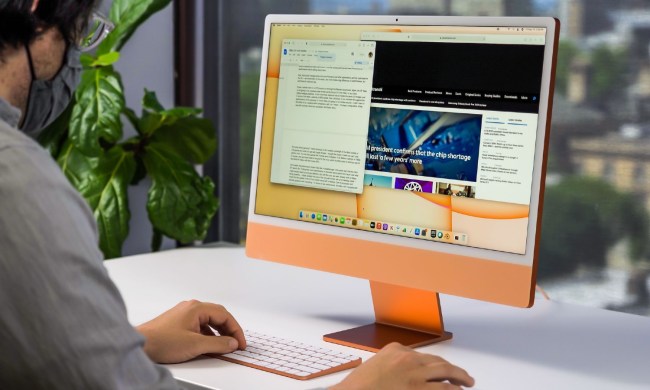When the OLPC project announced its Give One, Get One initiative last November, enabling supporters in North America to get their hands on an OLPC XO notebook by funding the purchase of a second laptop to be given to a child in a developing nation. The program was met with considerable enthusiasm, so much so that the OLPC project extended the program from its initial two-week window to run out to the end of 2007.
Now, the OLPC is facing a wave of backlash from Give One, Get One participants, who are reporting a growing number of shipping and delivery problems. Although the OLPC project warned that delivery of XO notebooks would be prioritized for children in developing nations and it would not be able to meet orders through the program in time for the end-of-year holiday season, current problems far exceed that scope. An apparent software glitch between Patriot (which handles orders processed through PayPal) and Brightstar (which handles getting units from the manufacturer—Taiwan’s Quanta—and buyers via FedEx) has rendered the addresses of many program participants undeliverable. Donors have had to wait hours on hold trying to correct the information, and some have had to repeatedly call Patriot to make sure their address information is conveyed accurately. Exasperating problems, FedEx won’t deliver to P.O. boxes; this policy was never disclosed to program participants, many of whom unwittingly provided PO addresses for delivery—and making things worse, Brightstar isn’t reliably contacting customers to sort out the problem. Other OLPC donors have complained the organization’s shipping tracking system is not accurate, making it impossible for them to follow up on their order status.
The OLPC organization has documented some of the process and issues on its Web site, but the glitches are causing some to question the organization’s ability to deliver millions of laptops to children in developing nations if they can’t get a comparative handful of notebook computers to donors in North America. OLPC is apologizing to its supports, and notes that drop-shipping bulk orders to around a dozen developing countries is somewhat less complex than filling tens of thousands of individual orders.


